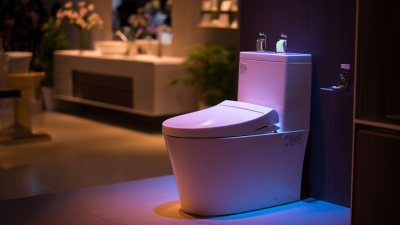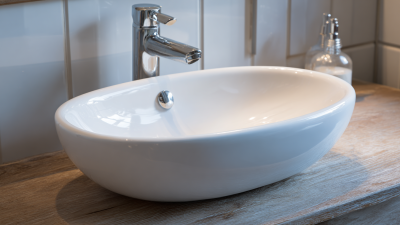Leave Your Message
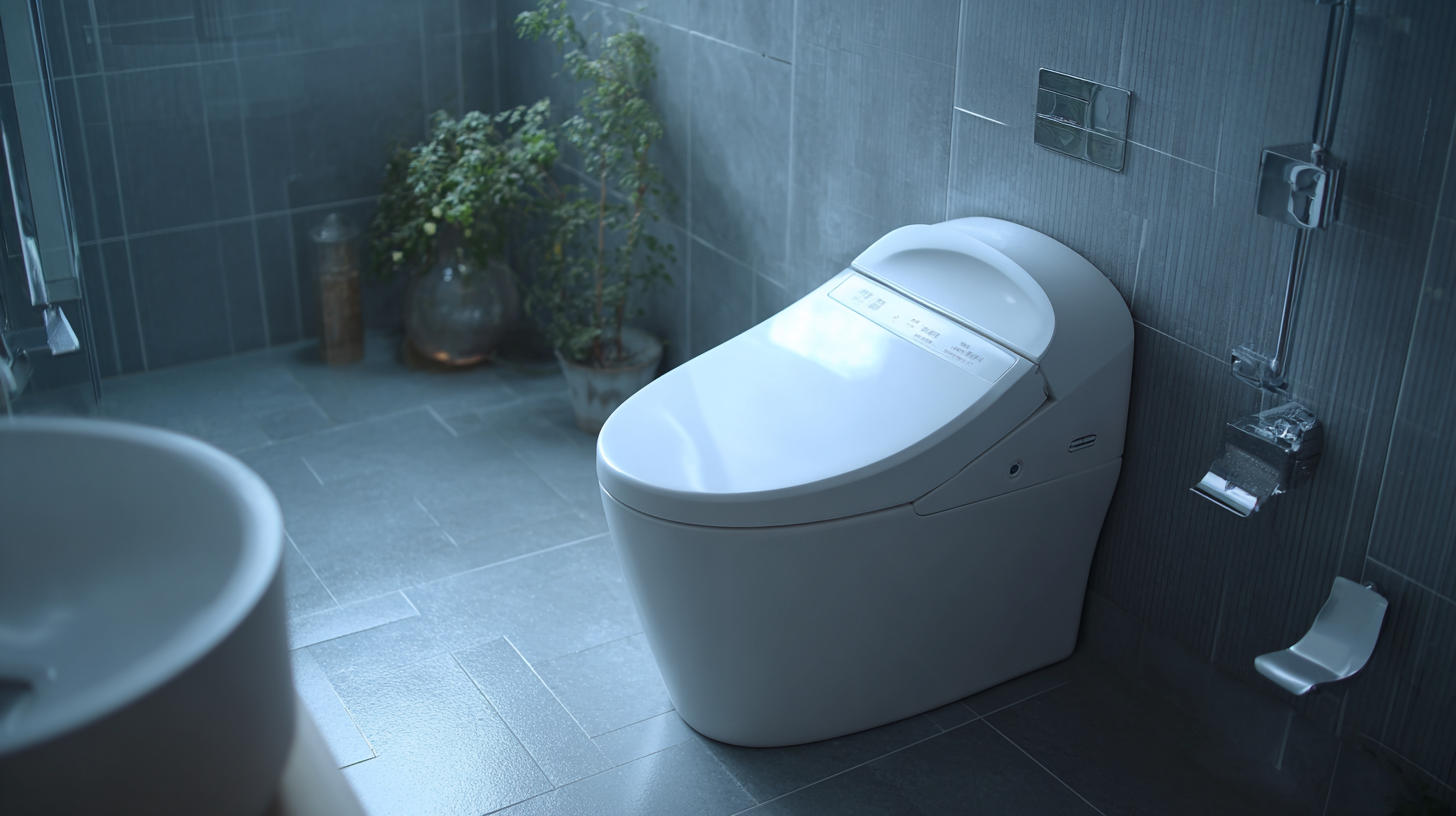 In recent years, the hygiene industry has witnessed a revolutionary shift with the emergence of Intelligent Toilets, which integrate advanced technology to enhance user experience and promote better sanitation practices. According to a report by Grand View Research, the global smart toilet market is projected to reach USD 4.6 billion by 2025, highlighting a growing consumer demand for smarter hygiene solutions. These intelligent systems offer features such as self-cleaning functions, bidet-style washes, heated seats, and even built-in air purifiers, all designed to improve cleanliness and comfort. Additionally, a study by the World Health Organization emphasizes that improved sanitation facilities can significantly reduce the spread of diseases, making Intelligent Toilets not only a luxury but an important aspect of public health. As we explore the myriad benefits of Intelligent Toilets, it becomes clear that their adoption is poised to redefine hygiene standards and user expectations in the coming years.
In recent years, the hygiene industry has witnessed a revolutionary shift with the emergence of Intelligent Toilets, which integrate advanced technology to enhance user experience and promote better sanitation practices. According to a report by Grand View Research, the global smart toilet market is projected to reach USD 4.6 billion by 2025, highlighting a growing consumer demand for smarter hygiene solutions. These intelligent systems offer features such as self-cleaning functions, bidet-style washes, heated seats, and even built-in air purifiers, all designed to improve cleanliness and comfort. Additionally, a study by the World Health Organization emphasizes that improved sanitation facilities can significantly reduce the spread of diseases, making Intelligent Toilets not only a luxury but an important aspect of public health. As we explore the myriad benefits of Intelligent Toilets, it becomes clear that their adoption is poised to redefine hygiene standards and user expectations in the coming years.
Intelligent toilets are at the forefront of transforming bathroom hygiene standards, offering an array of features that enhance user comfort and promote cleanliness. These advanced devices incorporate technology such as automatic flushing, heated seats, and built-in bidets, which contribute to a more hygienic experience. By minimizing the need for contact with surfaces, intelligent toilets significantly reduce the risk of germ transmission, making public restrooms safer and more inviting.
**Tips for Choosing an Intelligent Toilet:**
When selecting an intelligent toilet, consider the key features that best suit your needs. Look for models with water-efficient flush systems to conserve resources, as well as adjustable settings for temperature and pressure to enhance comfort. Additionally, explore options with self-cleaning technology, which can save you time on maintenance and ensure your toilet remains hygienic.
As the rise of intelligent toilets continues, they promise to elevate our bathroom experiences. The seamless integration of smart technology not only improves hygiene but also encourages healthier habits. Embracing this innovation can lead to a significant transformation in how we perceive and maintain personal hygiene in our daily lives.
Intelligent toilets represent a significant advancement in hygiene technology, offering various health benefits that extend beyond cleanliness. Recent studies highlight that high-quality shared toilets not only reduce the risk of infectious diseases but also enhance the overall quality of life for users. By providing features such as self-cleaning mechanisms and touchless controls, these toilets minimize the spread of germs, promoting a healthier environment. As people become increasingly conscientious about hygiene, the integration of intelligent toilets into public and private spaces could play a crucial role in infection control and improving public health.
Moreover, the positive effects of intelligent toilets on well-being cannot be underestimated. They contribute to a more comfortable and dignified restroom experience, particularly in high-traffic areas. Enhanced sanitation facilities can alleviate stress and anxiety related to the use of shared lavatories, thereby fostering a sense of security and well-being among users. As we look to the future, the adoption of intelligent toilet technology in urban planning and public health initiatives could lead to a transformative impact on community health, promoting not just infection reduction but also an improved quality of life for all.
| Health Benefit | Description | Impact on Well-being | Considerations |
|---|---|---|---|
| Reduced Risk of Infections | Intelligent toilets with self-cleaning features minimize exposure to bacteria and viruses. | Promotes healthier environments, especially in public restrooms. | Regular maintenance required to ensure effective cleaning systems. |
| Enhanced Personal Hygiene | Features like bidets provide improved cleaning compared to traditional methods. | Increased comfort and cleanliness for users, contributing to overall well-being. | User adaptation to new technology may vary. |
| Monitoring Health Conditions | Some intelligent toilets can analyze waste for signs of health issues. | Early detection of potential health problems can encourage proactive healthcare. | Privacy concerns regarding personal health data collection. |
| Environmental Benefits | Advanced systems use less water and incorporate recycling technologies. | Contributes to sustainable living and resource conservation. | Initial investment costs may be higher but offset by long-term savings. |
| Accessibility Features | Adjustable settings for individuals with disabilities or special needs. | Promotes inclusivity and enhances quality of life. | Availability of features may vary by model. |
The concept of intelligent toilets is gaining traction in the global market, particularly due to their potential to significantly impact environmental conservation. According to a report by Custom Market Insights, the global smart toilet market is projected to reach USD 31.50 billion by 2034, reflecting a robust compound annual growth rate (CAGR) of 12.75%. This growth is driven in part by the increasing acknowledgment of water conservation needs in the face of a global water crisis.
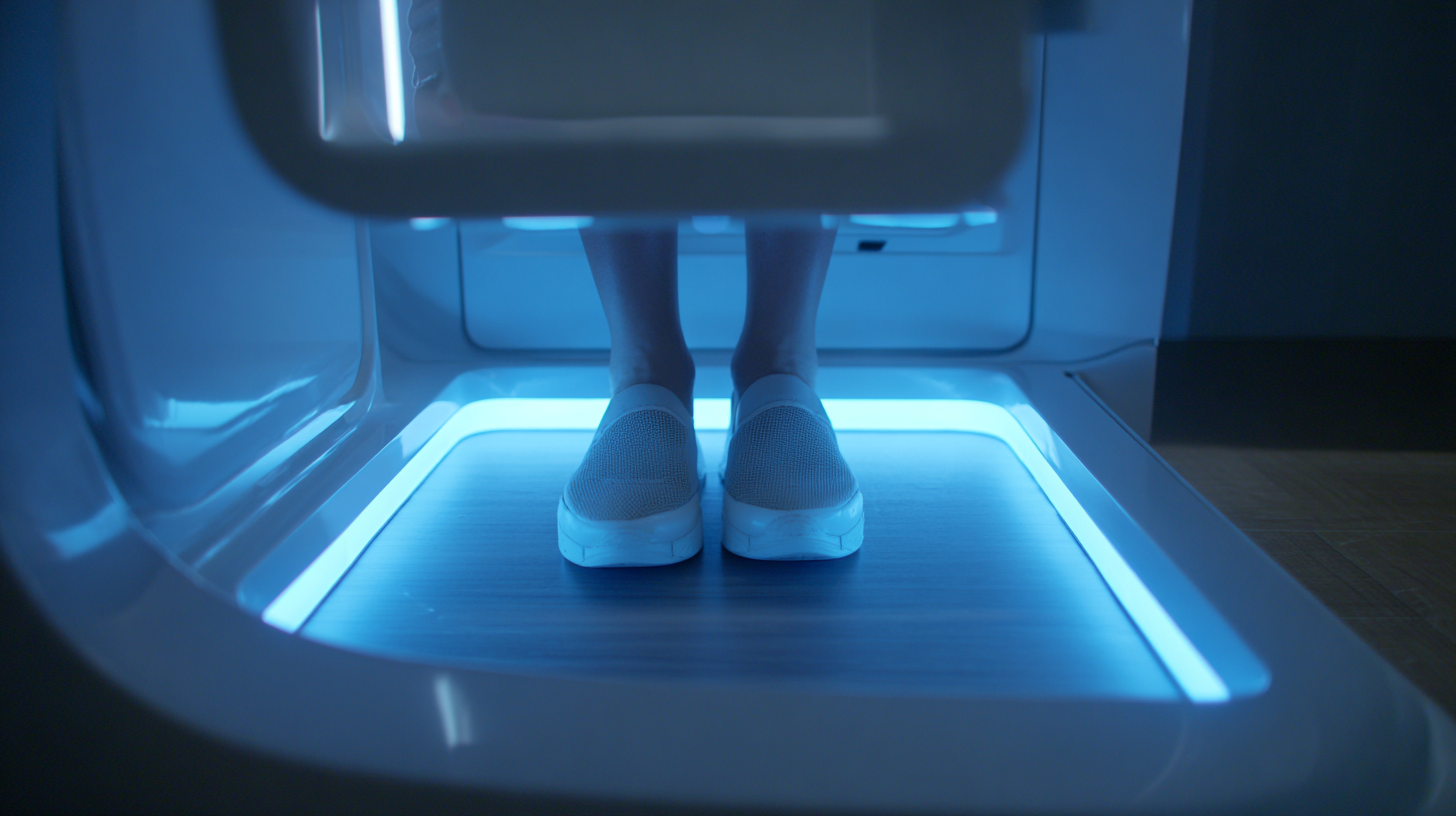
Smart toilets are designed to optimize water usage, utilizing advanced technologies that adjust water flow based on user needs. Features such as dual-flush systems and sensors minimize waste, allowing these fixtures to substantially reduce water consumption compared to traditional toilets. With the global push toward sustainability, the integration of intelligent toilets is not only a response to consumer demand but also a strategic move to leverage innovative solutions in achieving environmental goals. As more consumers recognize the benefits, the adoption of smart toilets can play a pivotal role in conserving vital water resources.
In recent years, urban homes have seen a notable increase in the demand for intelligent toilets, reflecting a broader trend towards advanced hygiene solutions. According to a report by Fortune Business Insights, the global smart toilet market size was valued at approximately $4 billion in 2021 and is projected to grow significantly, with an anticipated compound annual growth rate (CAGR) of around 10% from 2022 to 2028. Factors driving this demand include a rising focus on health and hygiene, urbanization, and the convenience of smart technology integration within everyday products.
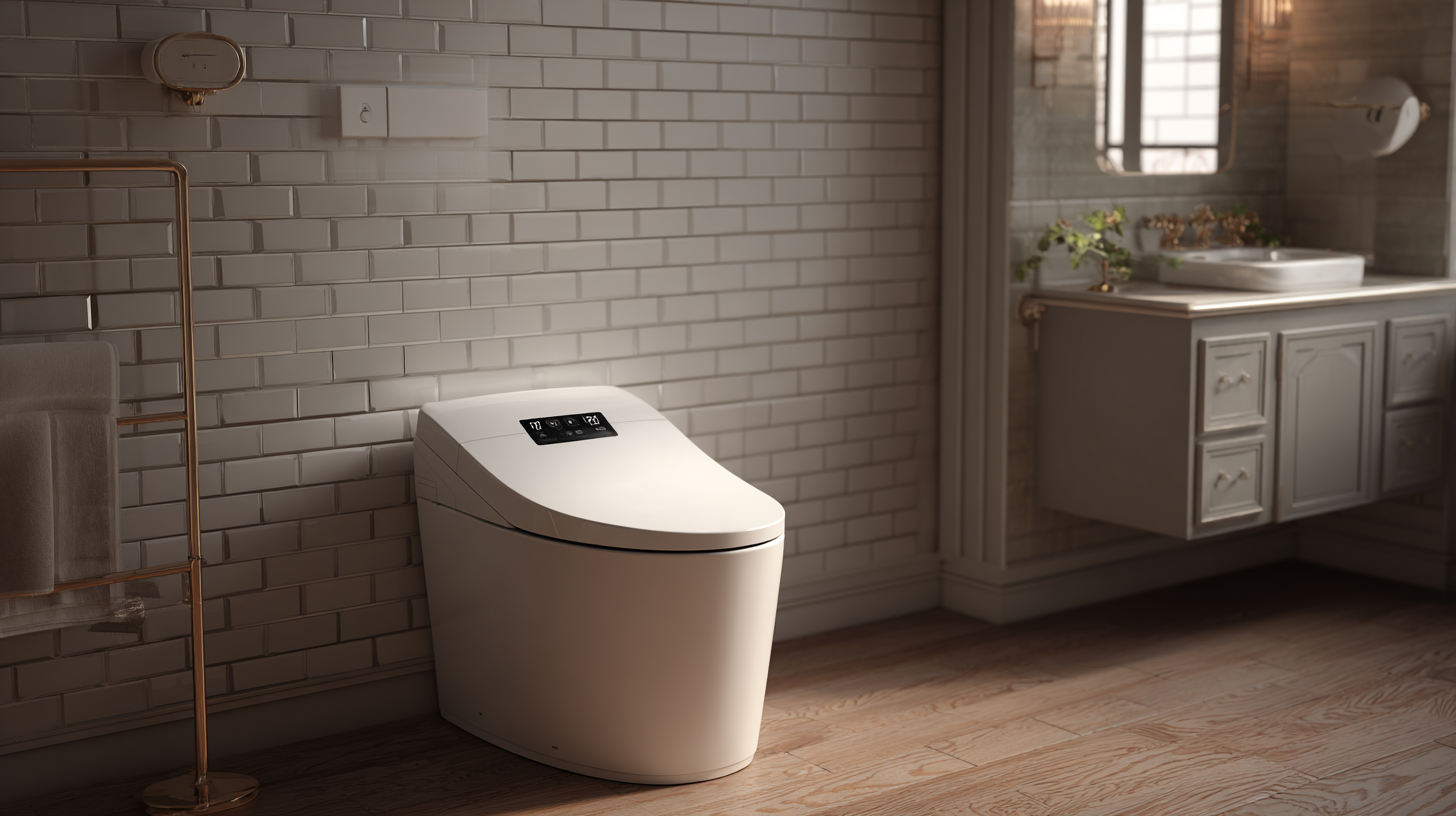
Intelligent toilets offer various features such as automatic lid opening, self-cleaning capabilities, heated seats, and integrated bidets, which enhance the overall user experience while promoting better hygiene. A survey conducted by Mintel revealed that over 40% of consumers expressed interest in purchasing smart bathroom fixtures, highlighting a growing awareness of the benefits these technologies offer.
Tips for homeowners considering intelligent toilets include assessing space and plumbing requirements beforehand to ensure compatibility with your bathroom design. Additionally, researching brands and reading user reviews can help you choose a model that aligns with your hygiene preferences and budget, making the transition smoother and more satisfying.
The integration of artificial intelligence (AI) and the Internet of Things (IoT) into toilet technology is set to revolutionize personal hygiene and bathroom experiences. Intelligent toilets equipped with advanced sensors can monitor health metrics, providing users with real-time data on their well-being. These smart systems are able to detect issues such as dehydration or potential urinary tract infections through waste analysis, allowing for proactive health management.
Moreover, IoT-enabled toilets can connect to a user's smartphone or smart home system, enabling personalized settings and remote control. From adjusting water temperature and pressure to automatically ordering supplies, these features enhance convenience and comfort. Additionally, such toilets can facilitate water conservation by using sensors to optimize flush volume based on usage patterns. As technology continues to evolve, the role of AI and IoT in toilet innovation will not only elevate hygiene standards but also transform the very way individuals interact with their personal spaces.
